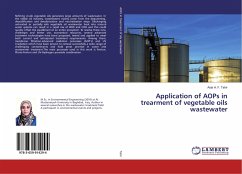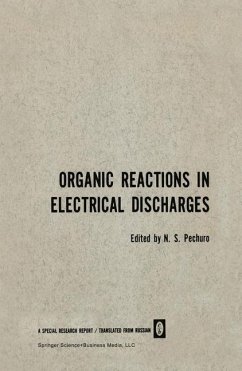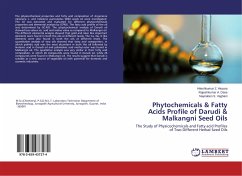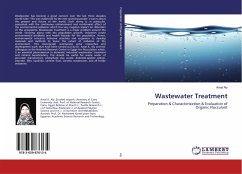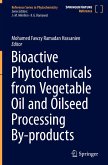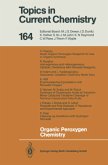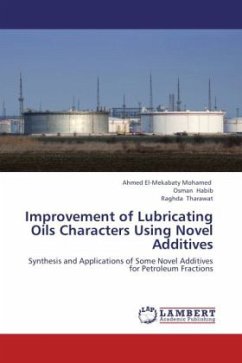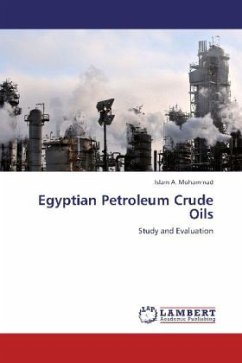Refining crude vegetable oils generates large amounts of wastewater. In the edible oil industry, wastewaters mainly come from the degumming, deacidification and deodorization and neutralization steps. Discharging untreated or partially safe vegetable oil wastewater back into natural water systems can result in a rapid rise of BOD and COD and this could quickly offset the equilibrium of an entire ecosystem. To resolve these new challenges and better use, economical resources, several advanced treatment technologies have been proposed, tested and applied to meet both current and anticipated treatment requirements. Among them, membrane filtration,advanced oxidation processes (AOP's) and UV irradiation which have been proven to remove successfully a wide range of challenging contaminants and hold great promise in water and wastewater treatment.The main processes used in this work is Fenton, Photo-Fenton and UV-Hydrogen peroxide combination.

